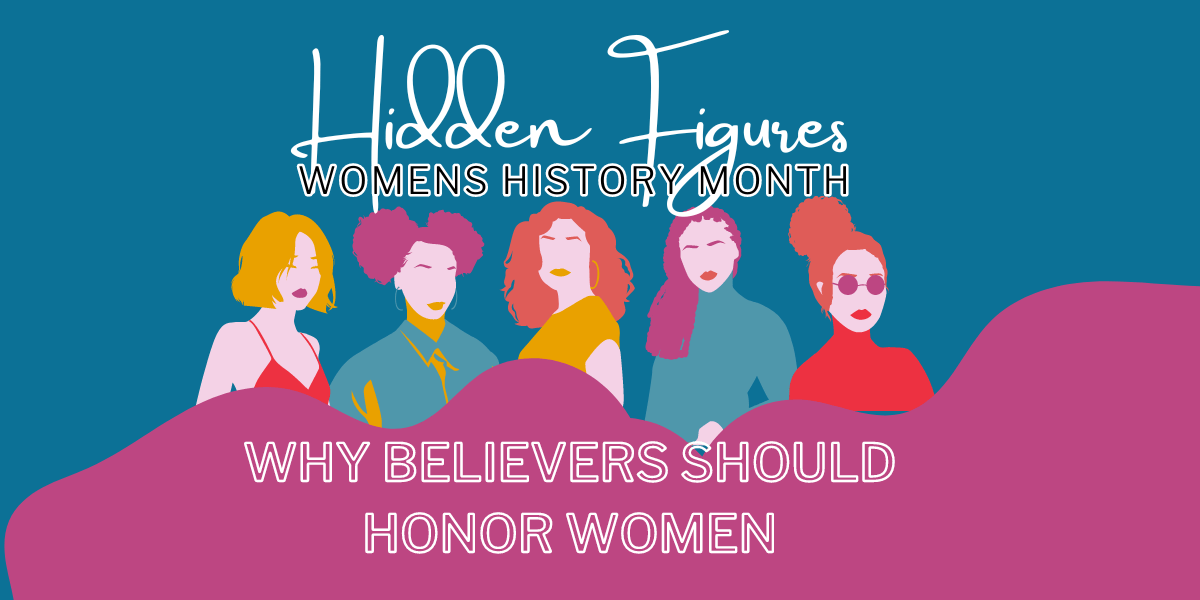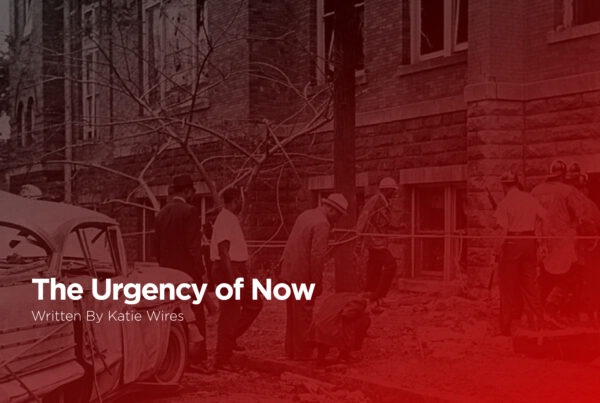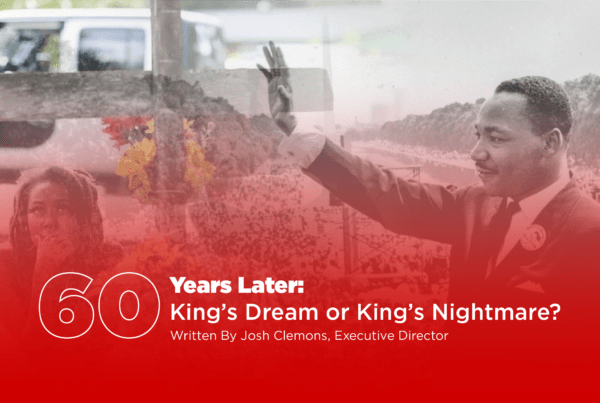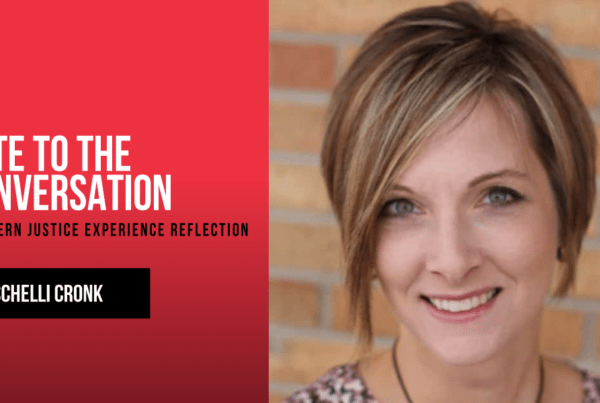At OneRace Movement, we believe Women’s History Month serves as an opportunity to reflect on the significant roles that women have played in the unfolding narrative of faith and spirituality.
The Bible contains stories of strong, resilient, and influential women who have profoundly shaped history. From the courageous Esther (Esther 4:14), who risked her life to save her people, to the compassionate Mary (Luke 1:46-55), the mother of Jesus, whose unwavering faith played a pivotal role in the Christian narrative, women have consistently demonstrated strength, wisdom, and grace. At OneRace Movement, we believe their stories serve as a testament that women are created equal to men and vital contributors to God’s plan.
Too often throughout our nation’s history, women have been relegated to a diminished role, both within the Church and in the broader culture. More than 72% of Christian women in the United States believe religion plays a vital role in their lives (a higher rate than men who were polled), yet only 10% of Church leadership within the Protestant denomination are women. (Source)
Within our secular culture, we see similar trends – in the civic and political arena, a higher percentage of women are engaged in volunteer efforts and community leadership (54%), but only 18% of women hold public office. (Source) For every dollar that a White man earns, White women only earn $.84, and the wage gap is even more severe for Black women, who earn a mere $.76. That means to make the same amount that a man earns, a Black woman must work an additional 226 days. (Source)
These examples and statistics are symptoms of a more significant issue – when we fail to amplify women’s voices, highlight their accomplishments, and recognize the imbalance of equity, we also fail to honor the resilience, courage, and wisdom of women who have left an indelible mark on the tapestry of human history.
From Florence Nightingale, who trained and organized nurses to care for wounded soldiers, and Sojourner Truth, who traveled the country in the 1840s, sharing the gospel to all who would listen, to Corrie ten Boom, who survived Nazi concentration camps to lead a worldwide ministry through more than 60 countries where she preached forgiveness and Christ’s love, and Mary McLeod Bethune, who advocated tirelessly for educational opportunities for all people, we would be remiss to ignore the powerful legacy of Christian women who have forged the very soul of our great nation.
As an organization, we accept the invitation to reflect on the rich depth of women’s contributions to faith, society, and history. Women’s History Month is a reminder that the Bible upholds the Imago Dei of all individuals and the imperative to honor and uplift one another. By acknowledging the significant roles women have played in the biblical narrative and beyond, OneRace affirms the importance of celebrating the accomplishments of women and recognizing that their stories are woven into the broader narrative of God’s unfolding plan for humanity.
From the very beginning, the Bible affirms that both men and women were created in the image of God (Genesis 1:27). In Joel, the Lord spoke through the prophet and said, “ I will pour out my Spirit on all people. Your sons and daughters will prophesy, your old men will dream dreams, your young men will see visions” (Joel 2:16, emphasis added). Deborah, who played a crucial role in the deliverance of Israel as a prophetess, judge, and military leader, stands as an Old Testament example of a woman who led with wisdom and courage (Judges 4-5).
In the New Testament, Paul commends several women who were his co-laborers and fellow ministers, including Phoebe, a deaconess of the church in Cenchrea (Romans 16), Priscilla, who taught Apollos alongside her husband, Aquila (Acts 18), and Junia, who was “outstanding among the apostles (Romans 16).”
As we navigate the complexities of disparities in the roles of men and women in the Church today, OneRace believes it is essential to reflect on the foundational principles of equality, justice, and love inherent in the Bible’s teachings. Through a deeper understanding of the biblical perspective on women’s roles, we can work towards fostering a more inclusive and empowering environment within faith communities. We think celebrating Women’s History Month is a great place to start.





